Introduction
In the culinary realm, salted duck eggs (often referred to as salted eggs or simply salt eggs) occupy a unique niche, blending the savory richness of salt with the delicate texture of a duck egg. This traditional Chinese delicacy has found its way into various dishes, from simple breakfasts to elaborate feasts, captivating palates with its distinct flavor and aroma. However, achieving the perfect cookedness of a salted duck egg can be a delicate balance, especially when it comes to boiling them. This article delves into the intricacies of boiling salted duck eggs, exploring the optimal time frame to ensure they are cooked to perfection without overcooking and losing their delicate texture and flavor.
Understanding Salted Duck Eggs
Before diving into the specifics of boiling, it’s crucial to understand what makes salted duck eggs unique. Unlike regular chicken eggs, duck eggs have a thicker shell and a larger yolk, contributing to their richer taste and creamier texture. The process of salting involves soaking the eggs in a brine solution, allowing the salt to penetrate the shell and season the egg from within. This not only enhances the flavor but also changes the chemical composition slightly, affecting how the egg cooks.

Salted duck eggs can be prepared in various ways, including boiling, steaming, or even baking. Among these methods, boiling remains the most popular due to its simplicity and effectiveness in preserving the egg’s integrity. But, how long should you boil them? The answer lies in several factors, including the size of the egg, the desired level of cookedness, and personal preference.
Factors Influencing Boiling Time
-
Egg Size: Duck eggs can vary significantly in size, from small to jumbo. Larger eggs require more time to cook through compared to smaller ones. Therefore, it’s essential to consider the size when determining boiling time.
-
Desired Cookedness: Some prefer their salted duck eggs with a runny yolk, while others like them fully set. The level of cookedness directly impacts the boiling duration. A runny yolk might only need a few minutes of boiling, whereas a fully cooked egg could take longer.
-
Starting Temperature: The initial temperature of the water also plays a role. Starting with cold water and bringing it to a boil gradually allows the egg to cook more evenly, preventing cracking and ensuring a smoother texture.
-
Altitude: Believe it or not, altitude can affect boiling temperatures. At higher altitudes, water boils at a lower temperature, which could impact cooking times.
Optimal Boiling Time
To achieve the perfect balance between cookedness and texture, most recipes recommend starting with cold water and bringing it to a rolling boil. Here’s a general guideline based on common preferences:
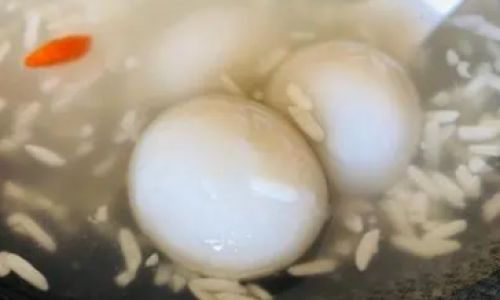
-
For a Soft-Boiled Salted Duck Egg (Runny Yolk): Place the eggs in cold water, ensuring they are fully submerged. Bring the water to a boil and then immediately reduce the heat to a simmer. Allow the eggs to simmer for approximately 4-5 minutes. This will yield a yolk that is slightly runny but the whites fully set.
-
For a Medium-Boiled Salted Duck Egg (Creamy Yolk): Follow the same process as above but increase the simmering time to 6-7 minutes. This will result in a yolk that is creamy and slightly firm but still moist, with the whites fully cooked.
-
For a Hard-Boiled Salted Duck Egg (Fully Set Yolk): Again, start with cold water and bring it to a boil. Simmer the eggs for 8-9 minutes. This will ensure both the yolk and the white are fully set, with the yolk having a slightly firmer texture.
Boiling Techniques and Tips
-
Use a Timer: Boiling times can be tricky to judge by eye, so using a timer is highly recommended. This ensures accuracy and consistency in cooking.
-
Gentle Handling: When placing the eggs in and removing them from the water, handle them gently to avoid cracking. Cracks can allow water to seep in, diluting the flavor and texture.
-
Ice Water Bath: Once the eggs are boiled to your desired level of cookedness, immediately transfer them to an ice water bath. This stops the cooking process and helps to peel the eggs more easily without damaging the whites.
-
Storage: If you’re not planning to eat the eggs immediately, store them in the refrigerator. Boiled salted duck eggs can be kept for several days, but their texture and flavor are best enjoyed within a couple of days.
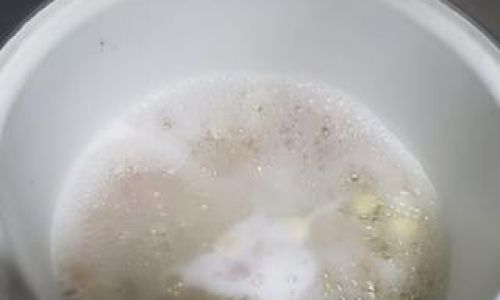
Creative Uses for Boiled Salted Duck Eggs
Boiled salted duck eggs are incredibly versatile and can be incorporated into various dishes. Here are a few creative ideas to inspire your culinary endeavors:
- Porridge Topping: Add a halved or sliced boiled salted duck egg to a bowl of steaming porridge for a savory twist.
- Noodle Garnish: Use sliced boiled eggs to garnish a bowl of noodles, adding a burst of flavor and richness.
- Rice Dish Accent: Mix chopped boiled salted duck eggs into fried rice or stir-fried vegetables for an extra layer of taste.
- Salad Addition: For a unique salad experience, try adding halved boiled eggs to a greens and protein-based salad.
- Dim Sum Delight: Boiled salted duck eggs are a staple in many dim sum dishes, often served with rice porridge or steamed buns.
Conclusion
Boiling salted duck eggs to perfection is an art that requires attention to detail and a bit of experimentation to find your preferred level of cookedness. By understanding the factors that influence boiling time and following a few simple techniques and tips, you can enjoy beautifully cooked salted duck eggs that retain their rich flavor and creamy texture. Whether you prefer a runny yolk, a creamy consistency, or a fully set yolk, the key is to monitor the boiling process closely and use a timer to ensure accuracy. With a bit of practice, you’ll soon be mastering the delicate balance of boiling salted duck eggs, transforming them into a delightful addition to your meals.
Remember, the beauty of cooking lies in its adaptability. Feel free to adjust the boiling times and techniques based on your personal preferences and the specific characteristics of your duck eggs. Happy cooking, and enjoy the savory delights of perfectly boiled salted duck eggs!
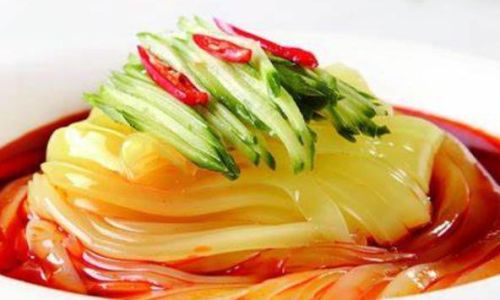
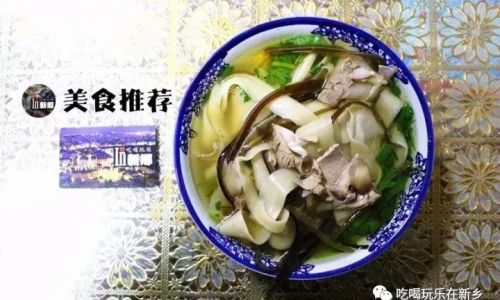
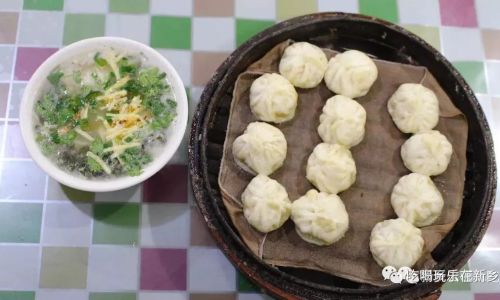
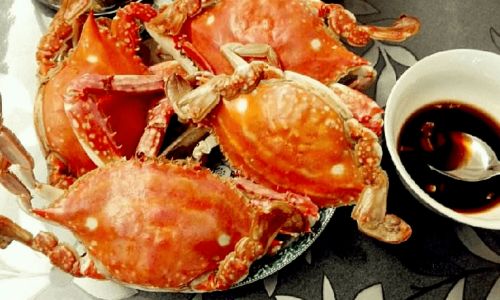
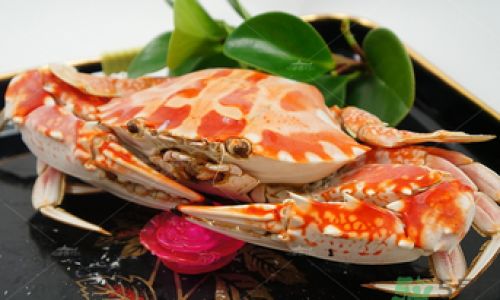

0 comments